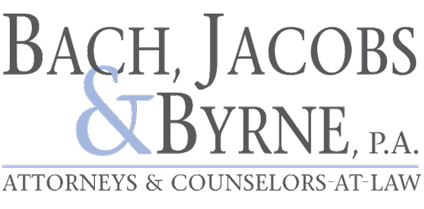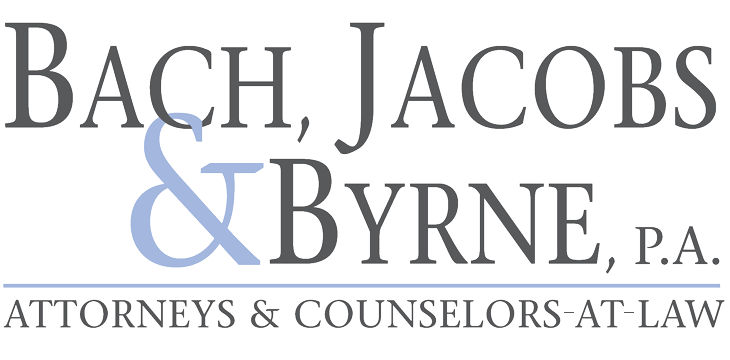Pros and Cons of Naming a Trust as Your IRA’s Primary Beneficiary
The reasons that a person might name a Trust as the beneficiary of his/her Individual Retirement Accounts (IRA) assets are many, but it is sometimes done in cases where the grantor has a minor child or spendthrift child. The Trust can keep the assets secure until the grantor’s child is prepared to handle the money as a beneficiary. Other pros of naming the trust as IRA beneficiary are that doing so can avoid the need for guardianship of the assets, if applicable.
Some of the disadvantages of naming a Trust as IRA beneficiary center around the immense tax consequences which can result from improper designation and if the Trust is not drafted in such a way that it avoids adverse tax treatment. For instance, to preserve tax deferral options, the Trust should qualify for “look through treatment” as a “conduit Trust,” wherein the life expectancy of the oldest Trust beneficiary is used for distribution purposes. In this manner, the tax benefits of IRA assets can be drawn out for as long as possible. If the right steps are not taken, however, significant tax losses can result.
It is important to have a thorough and well-crafted estate plan, but it is also important to have a well-thought-out backup plan for your estate, especially if one wants a different distribution of assets based on whether or not their spouse survives them and to avoid the negative tax consequences of having IRA proceeds distributed to an improperly drafted Trust. The elder law and trust & estate attorneys of Bach, Jacobs & Byrne, P.A. can assist you with the creation, revision, and review of your Trust(s) and estate plan documents and advise you about obtaining more favorable tax treatment of “qualified plan” accounts, such as 401(K)s and IRAs. Call us at (941) 906-1231 to set up an appointment.




